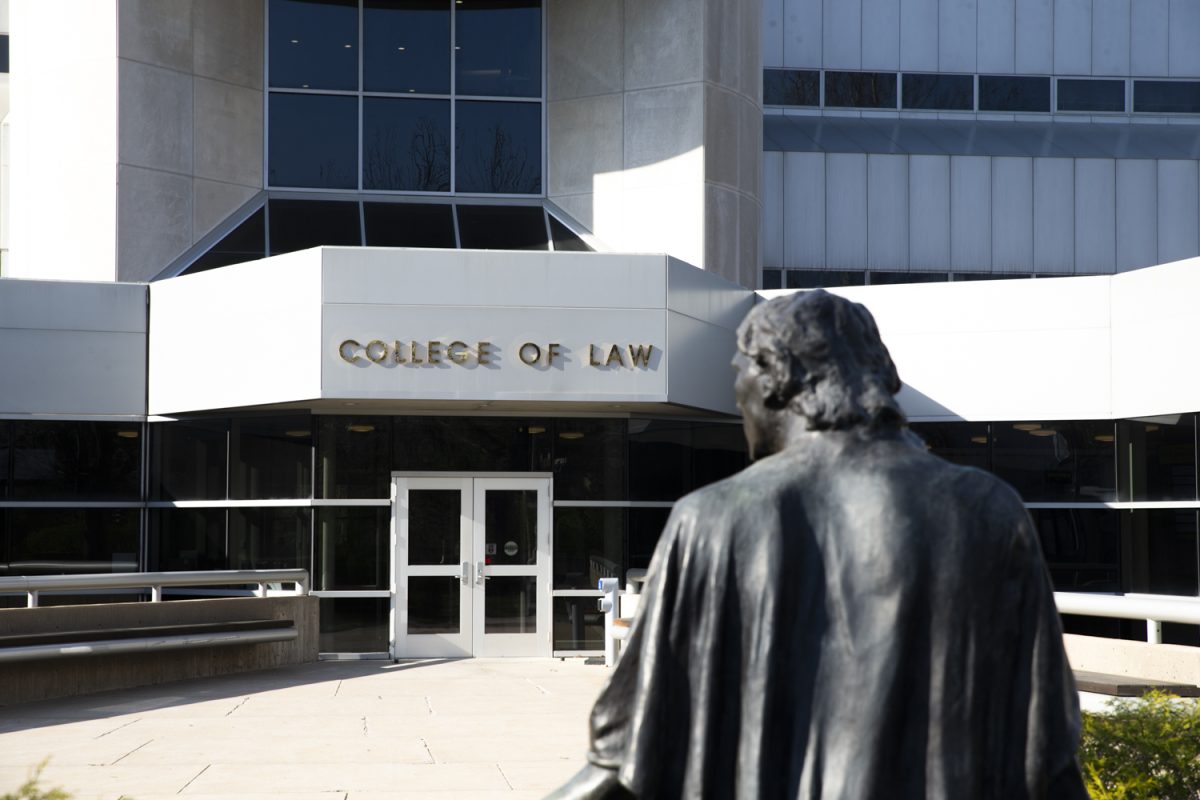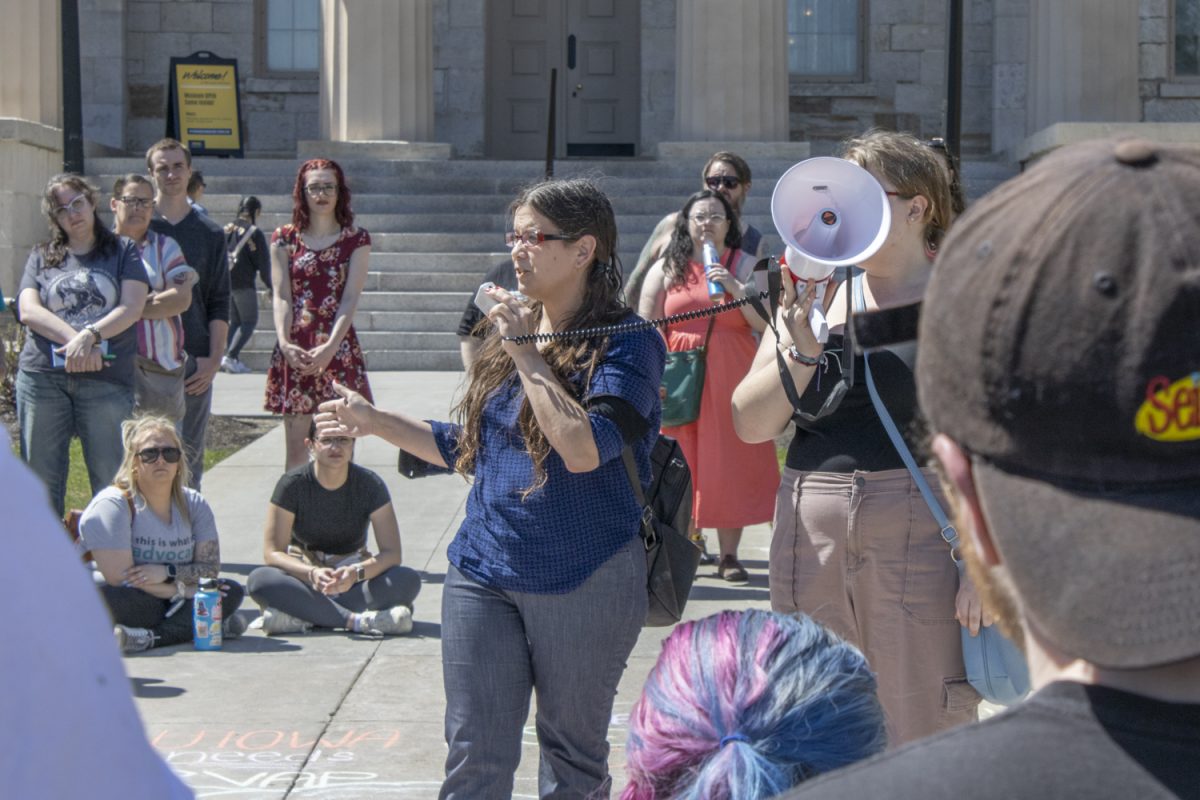While weighing possible alternatives to combat rigid statewide budget cuts, furloughs at the UI may be a option — but not without plenty of complicated logistics.
Preparing for Gov. Chet Culver’s proposed budget cuts of up to $26 million for the university, Provost Wallace Loh iterated that furloughs — unpaid days off — or other salary cuts are merely options, among many others.
Linda Maxson, the dean of the UI College of Liberal Arts and Sciences, spoke to the school’s Faculty Assembly on Wednesday about the furlough option but didn’t say officials were making any decisions.
The looming uncertainty has kept some unsure of how to receive the news.
“I’m not so in favor of it,” said Celesta Albonetti, the head of the sociology department, noting that it is difficult to take a full position on the issue until officials determine the specific number of furloughs that will be required.
“It’s still abstract,” she said, and most her colleagues have not focused their attention on the issue because the details have not been solidified.
Still, she said, furloughs would have a different meaning for faculty and staff because faculty would have to plan days off around their teaching schedules.
“Most wouldn’t want to reduce their time in the classroom,” Albonetti said.
And with furloughs come more legal tie-ups, Loh said.
“It’s a mandatory vacation where you don’t get paid,” he said. “[Faculty and staff] can’t come to work voluntarily” even if they wanted to, because it would be in violation with the Department of Labor regulations.
In comparison, a temporary reduction in pay is being looked at as an alternative solution — something Loh said allows every department’s officials to choose how they want to handle the cuts.
“Dollar-wise, you are out the same,” he said. Furloughs are much more complicated, he said, because the resulting difference in pay could be an infraction on some faculty and staff members’ contracts.
“Certainly in the conversations I have had with staff, they would prefer to see furloughs instead of layoffs,” she said.
There is no doubt whether the university community will face tough choices, she said, and it will likely come down to choosing “the lesser of two evils.”
Taking a certain numbers of days off without pay to avoid layoffs would be positive, she said, but the decisions is still unknown.
“We’re certainly looking at the budget from a variety of perspectives,” Greer said.






